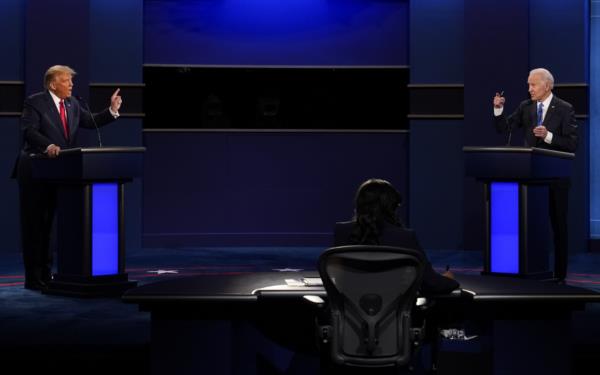
Inflation has risen by nearly 18% since President Biden took office, sparking discussions about the state of the economy and public sentiment towards it. Despite her background in finance and previous scrutiny of banks, Senator Elizabeth Warren struggled to explain why many voters express a preference for the economic policies of former President Trump over those of President Biden.
When questioned about the reasons behind voters' positive views of the Trump economy, Senator Warren admitted uncertainty, stating, 'I don't know. I can't explain polling.' She emphasized her inability to comprehend the formation of public narratives and their impact on perceptions of economic performance.
The comparison between the Trump and Biden economies highlighted several key factors that may influence public opinion. The Trump administration's focus on deregulation, which led to record highs in the stock market, the negotiation of new trade agreements, low unemployment rates, and a reduction in the corporate tax rate from 35% to 21%, were cited as contributing to the perceived success of the Trump economy.
Recent polling data revealed that 55% of voters surveyed indicated a preference for President Trump over President Biden in terms of economic management. The issue of inflation, which has surged by almost 18% under President Biden, has been a significant concern for many Americans, shaping their perceptions of the current economic landscape.
The disconnect between Senator Warren's perspective and public sentiment underscores a perceived lack of alignment with the economic realities faced by many Americans. As inflation continues to impact consumer purchasing power and overall economic stability, the debate over the effectiveness of current economic policies remains a prominent topic of discussion.







